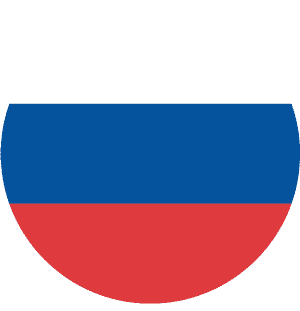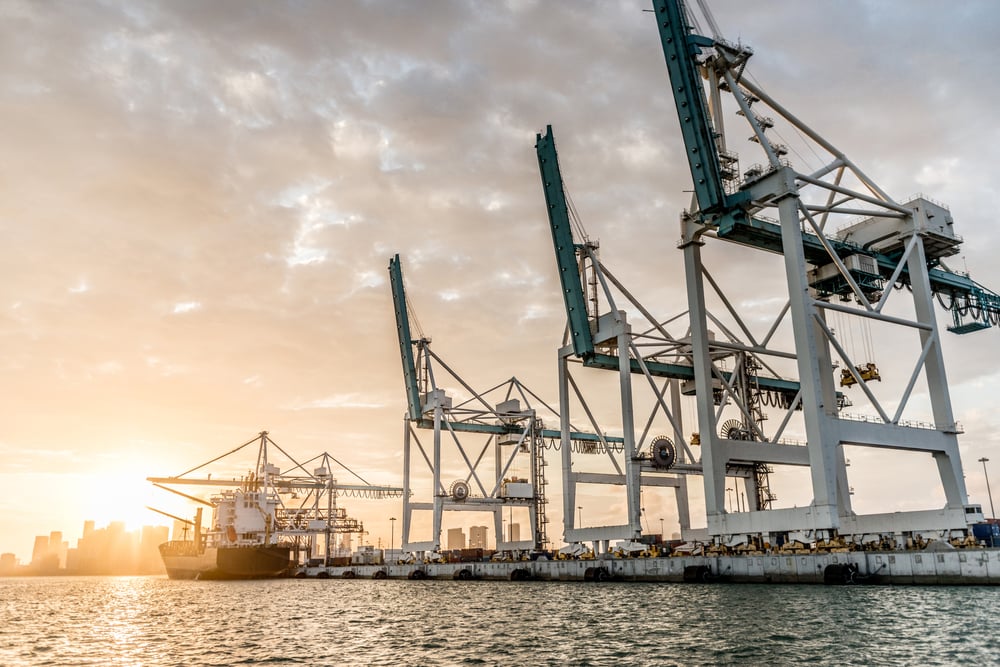On 6th December, the European Union (EU) agreed a new law to ban the import of soy, palm oil and derivative products, among other commodities linked to deforestation globally. The law mandates companies to prove with due diligence that their products are deforestation-free (not grown on land deforested after 2020), before being allowed into the EU. On acceptance by the European Council and European Parliament, the law would be imposed 20 days later. Companies have 18 months to comply with the rules, with an extended period of six months for smaller companies.
While the EU aims to reduce its carbon footprint by passing this law, it has not come without controversy. In the vegetable oils market, major players including Brazil, Indonesia and Malaysia have stated that this would be a costly move. With a fine of 4% of companies’ annual turnover for failure to comply, this may limit the exportable supply of soy and palm oil products into the EU. On the other hand, this would result in increased demand for alternative oils, like rapeseed and sunflower oil. The Mintec Benchmark Prices (MBP) for EU sunflower oil was assessed at EUR 1,194/MT, down by 12% month-on-month (m-o-m) on 7th December. Similarly, the MBP for EU rapeseed oil declined by 16% m-o-m to EUR 1,154/MT on the same day. Vegetable oil prices in the EU have been on a downward trend as a result of reduced buying activity. A Mintec source commented, “The market is quiet as many players are well covered with some having closed their books for the year.” While demand for sunflower oil and rapeseed oil is currently low, the implementation of the new law limiting the import of alternative oils linked to deforestation, could lead to a pick-up in demand and, consequently, a rise in sunflower and rapeseed oil prices.

.png?width=145&height=54&name=Mintec_Logo_Small_Use_Mono_RGB%20(2).png)

















